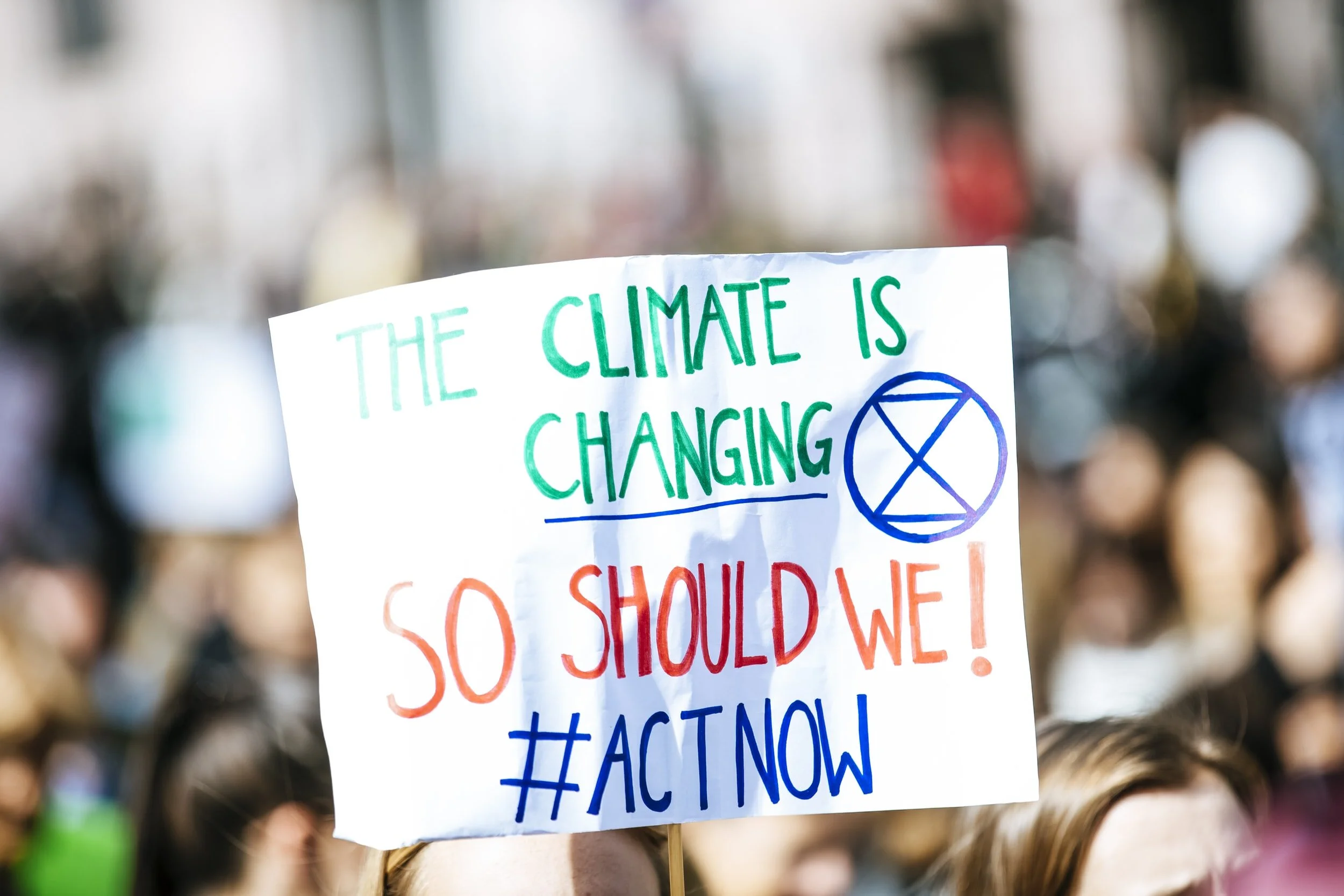Greenwashing
Author: Polly Sadler, Conservation Enthusiast
Read time: 4 minutes
Flooglebinder are travel experts and a certified B Corporation with tour experience in over 75 countries. We curate sustainable bespoke adventures that incorporate sustainability, conservation and wellness. As a BCorp organisation we use business as a force for good, meet the highest standards of verified performance, accountability and transparency, whilst tracking and monitoring our social and environmental impact.
What is greenwashing?
Greenwashing is a form of misleading marketing. It is a practice seen across many sectors including cosmetics, food, energy, tourism and fashion. Companies greenwash to make themselves seem more environmentally friendly for marketing purposes. They do this by providing misleading data regarding their environmental impact.
“It is important to always look further than the packaging”
Consumers are increasingly understanding the importance of purchasing choices, and the environmental impact involved. Because of this, there is increasing demand for sustainable products in all sectors. Surveys (from IBM, Blue Yonder and others) show that more than a third of global consumers will pay more for ‘sustainable products’. Being viewed as green drives profits and many companies are taking advantage of this.
Greenwashing practices can have a temporary positive effect on the success of the company if it leads to more business. However, when the reality of their environmental impact is realised, a PR backlash and legal consequences can follow. This has a negative effect on the companies that are actually doing their bit. It has also led to mistrust among consumers of sustainability claims.
“Data can easily be embellished to give the impression of green practices”
Vague language – companies love to use terms like ‘ethical’ or ‘eco-friendly’. These words have no clear or defined definitions and can be misleading to consumers who are none the wiser. Businesses should provide information on how they are impacting the environment, rather than just using jargon. Standardising definitions of these words could be a way to address this – though that is easier said than done. What one country may consider sustainable could be contrasting to another.
“Look for clear language, transparent data and official accreditation”
Imagery – a subtle but effective form of greenwashing. An earthy colour scheme or a simple picture of a leaf is enough to give consumers the impression of sustainable practices. It is important to always look further than the appearance or packaging of a product.
Green products from a not-so-green company – typical of the fashion industry which is responsible for around 5% of global emissions. Many popular high-street retailers mass-produce their products unethically and dangerously – sometimes with inhumane working conditions. They will often claim to be sustainable through a single product line that represents a tiny percentage of their products.
Misleading or exaggerated facts – Data can easily be embellished to give the impression of green practices. Claims like “made with 100% more recycled material than before” could be true but could also just mean an increase from 1% to 2%.
“Greenwashing can have a temporary positive effect on the success of the company”
Unclear goals – companies will often promise something vague like “all-natural by 2025”. The word natural is so broadly used and loosely defined that promises like this are essentially meaningless.
How common is greenwashing?
An annual website sweep is carried out by the International Consumer Protection Enforcement Network (ICPEN), targeting greenwashing and fraudulent behaviour. Their 2021 sweep found that 4 in 10 websites (of around 500) were using misleading tactics. These included own-brand eco-labels in place of official accreditation, excluding important information about emissions, and using vague language.
“The word natural is so broadly used and loosely defined - it is essentially meaningless”
Some forms of greenwashing are considered illegal under the Consumer Protection from Unfair Trading Regulations 2008. Breaching regulations is a criminal offence and may lead to a fine or up to two years in prison. However, prosecutions of this type require lengthy investigations.
New rules to tackle greenwashing were proposed by the Financial Conduct Authority 2022 –
Sustainable investment product labels.
Restrictions on the language used.
Clear and accessible information for consumers.
These will also increase understanding and awareness of greenwashing for both consumers and investors.
What can I do to avoid greenwashing?
Look for clear language, transparent data and official accreditation.
Compare similar products for ingredients and materials.
Look at the bigger picture – the company as a whole.
Look for goals and timelines set by the company towards sustainability.

































